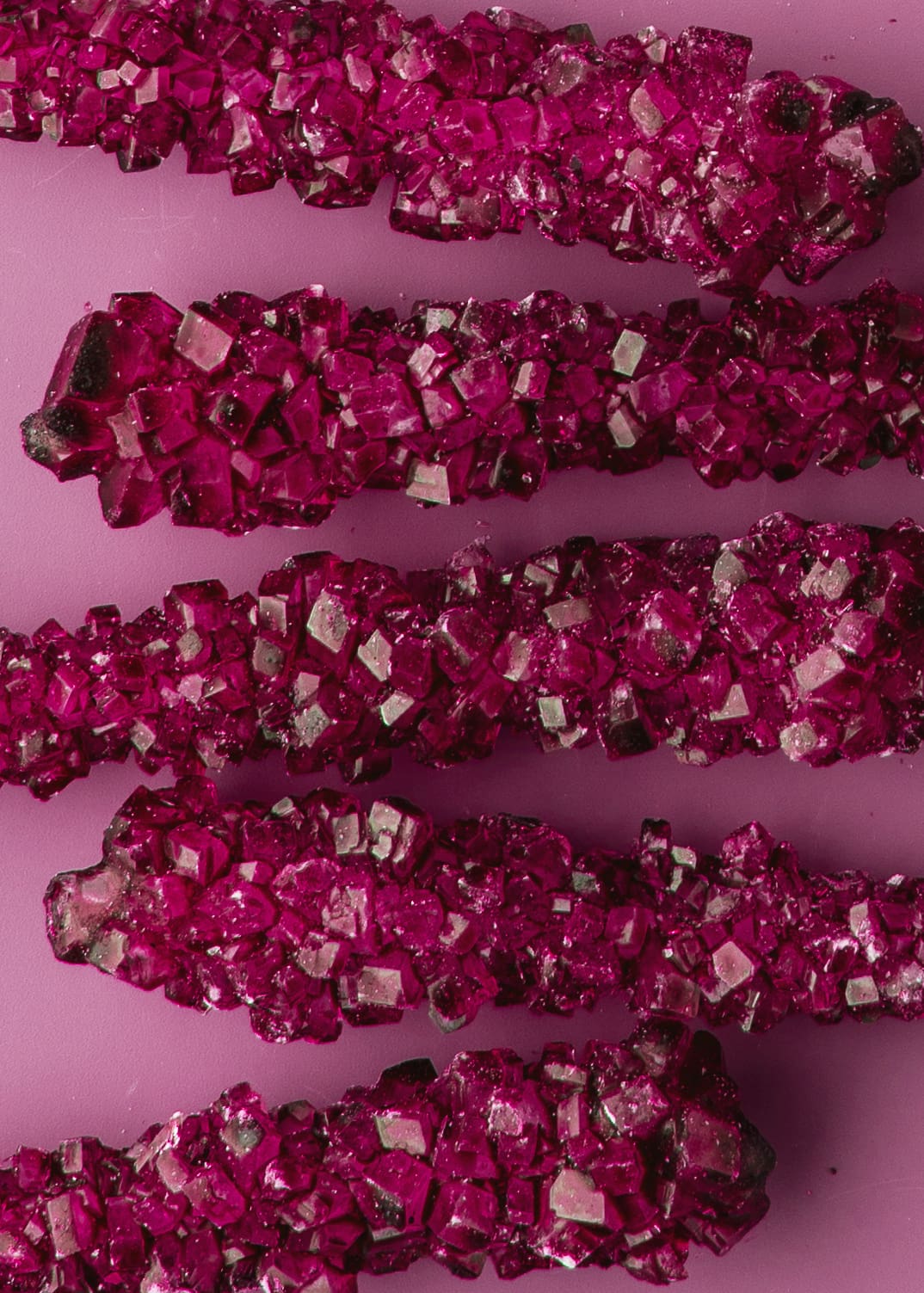
Halloween can bring out all kinds of scary ghouls and goblins. But did you know that the scariest thing about Halloween is how the excess sugar you eat can fuel your anxiety and depression?
A recent study published in 2017 showed a distinct relationship between sugar consumption and the development of mood disorders in both men and women. Diets high in refined sugars correlated with a long-term adverse effect on psychological health. Another study done in 2019 on older adults showed a clear association between adults over age 60 who consumed diets high in both saturated fat and refined sugars and anxiety disorders.
Why is this the case?
Although eating sugar after a long, difficult day can help you to calm down and may give you a temporary sugar buzz and an associated elevation of mood, the brain becomes very good at conditioning you to need more and more sugar. Sugar actually suppresses the body’s production of cortisol, the stress hormone, which temporarily relieves the feeling of stress and anxiety. However, once the sugar buzz wears off you end up craving sugar, even more, just to get the same relief. Over time this leads to overconsumption of sugar and a roller coaster of sugar-spike-induced changes in mood.
If that wasn’t bad enough, withdrawing from sugar can cause feelings very similar to a panic attack. When a regular diet of refined sugars is abruptly stopped, you can experience anxiety, irritability, fatigue and even confusion. Experts have likened sugar withdrawal to withdrawal from drugs of abuse.
Further studies have also shown a significant decrease in cognition in the areas of decision making and memory. And the negative effects of sugar are not limited to older adults. Another study found that healthy volunteers in their 20s scored worse on memory tests and had poorer appetite control after just 7 days of eating a diet high in saturated fat and added sugars. Clearly, sugar consumption caused negative changes in young adults as well. And anyone who has ever been to a kid’s birthday party needs no explanation about what sugar does to children.
Decreased cognition, increased anxiety, and depression. Now that’s a scary proposition! Thankfully how much sugar we consume is something we have some control over this Halloween. Try limiting or cutting out the sweet treats and see how you feel.

How Sugar Can Fuel Anxiety and Depression
October 29, 2020
meet inge
I’m Inge, a Psychiatric Nurse Practitioner passionate about helping others feel grounded, resilient, and well. Here on the blog, I share insights on mental health, prevention, meditation, clean skincare, and nutrition—everything I turn to in my own daily life. I hope this space becomes a trusted part of your wellness journey.
LATEST FROM THE BLOG

I had a friend tell me something last week that stopped me in my tracks. She said, “I feel like I’m drowning in other people’s thoughts.” She’s 67, retired from teaching, and spends hours each day scrolling through news apps, checking Facebook, watching YouTube videos about gardening (her passion), and texting with her grandchildren. All […]


When Your Body Remembers What Your Mind Tries to Forget Have you ever noticed how grief settles into your shoulders? How anxiety lives in your chest like a bird that won’t stop fluttering? Or how years of unspoken words seem to tighten around your throat? If you’re nodding right now, you’re not imagining things. Your […]

Postmenopausal women often face unique challenges, one of the most pervasive being insomnia. As hormonal shifts disrupt sleep patterns, sleepless nights can become all too familiar, leading to daytime fatigue and a decline in overall well-being. But rest assured, effective strategies exist to reclaim restful nights. By understanding the underlying factors contributing to insomnia, from […]

You’ve learned about breathing techniques, herbs, exercise, self-compassion, and creating a calm environment. Each of these tools can help reduce anxiety. But how do you put them all together into a sustainable system that actually works in your daily life? That’s where an anxiety management plan comes in. An anxiety management plan isn’t about adding […]